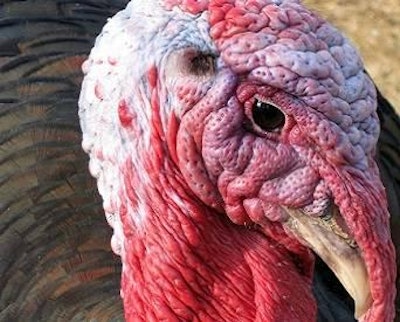
The first week in May has seen a reduction in the number of farms testing positive for avian influenza in the Midwestern U.S., but there is still concern among some within the poultry industry in the five hardest hit states --Minnesota, Iowa, Wisconsin and North Dakota and South Dakota -- that depopulation and quarantine will not be enough to eradicate the disease. According to industry sources, some poultry producers, primarily in the egg and turkey industries, are asking for approval from the USDA to use avian influenza vaccines as part of their eradication efforts.
When employed, avian influenza vaccines are generally used to protect flocks in geographic areas where the risk of disease challenge is considered to be high. The vaccines do not provide 100 percent protection; vaccinated flocks can still contract avian influenza. However, vaccinated birds that are exposed to the avian influenza virus tend to get a milder case of the disease and shed less of the virus than do unvaccinated birds. Advocates of vaccination contend that even imperfect protection may play a role in halting the spread of the disease and eventually eradicating it.
There is no universal agreement within the poultry industry that approving the use of an avian influenza vaccine is the right thing to do at this time. Reportedly, USDA Animal Plant Health Inspection Service (APHIS) is evaluating the request from members of the poultry industry to approve the limited use of avian influenza vaccine in a few of the hardest hit states. USDA has made no statements in regards to use of vaccination.
The avian influenza virus doesn’t survive long outside of a host in warmer ambient temperatures, so it is expected that warm daytime weather in the late spring and into the summer could help end the current outbreaks. Even if vaccination use is approved, it might not be used if new isolations of the virus cease.
A decision to use avian influenza vaccines would likely have trade ramifications. Historically, many countries have not allowed imports of poultry and poultry products from countries or regions of countries that vaccinate for avian influenza.


















